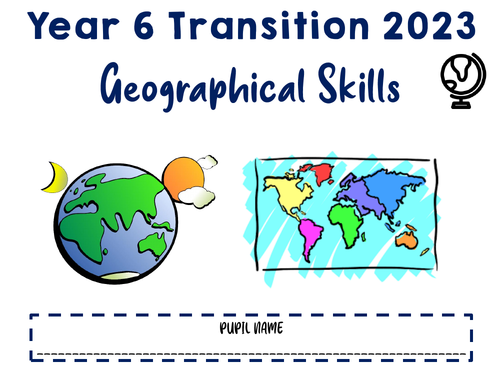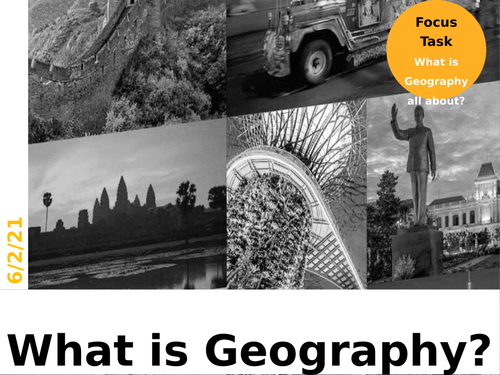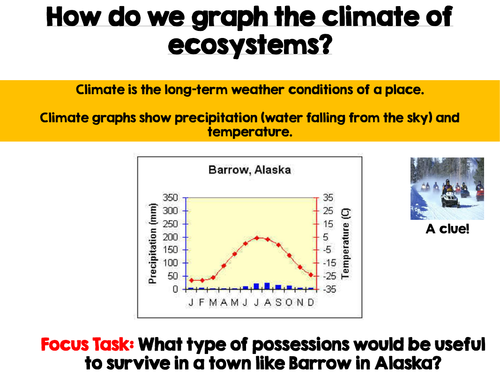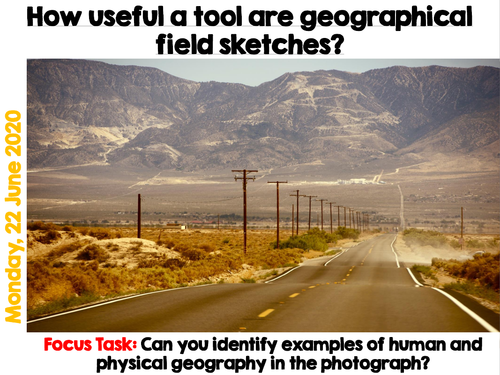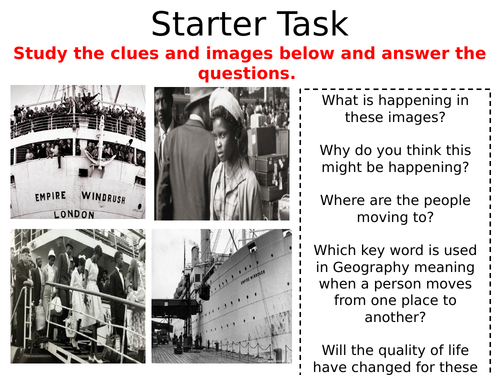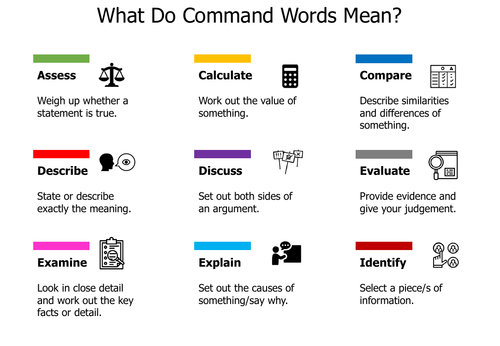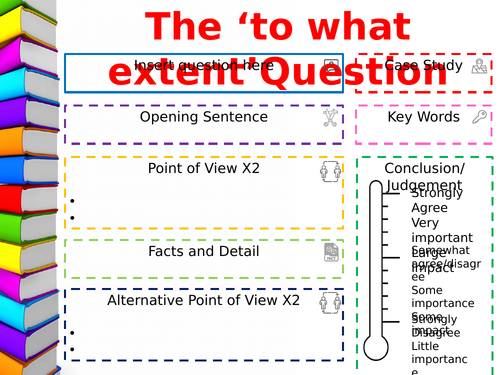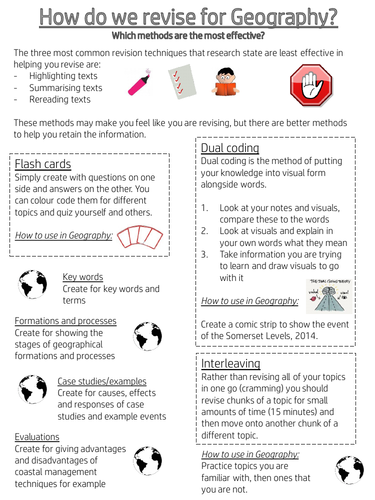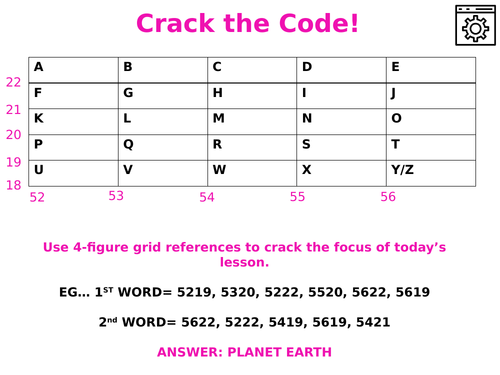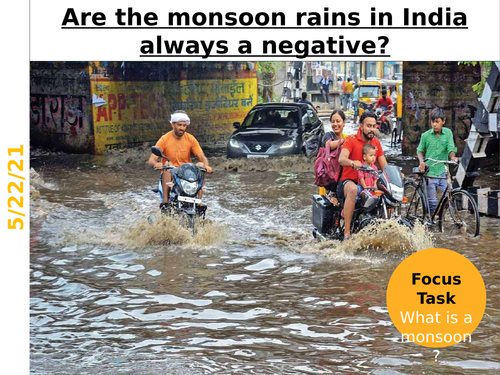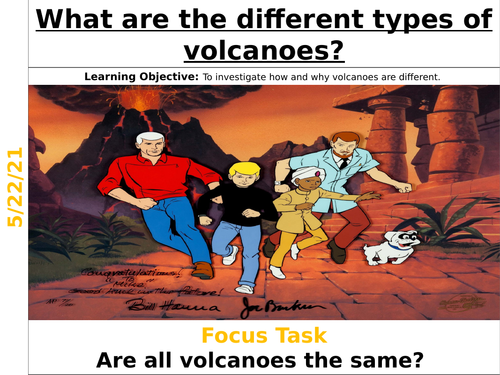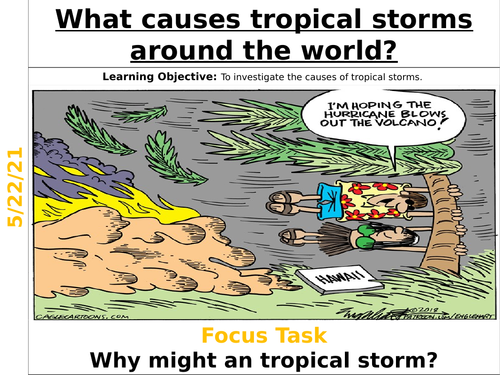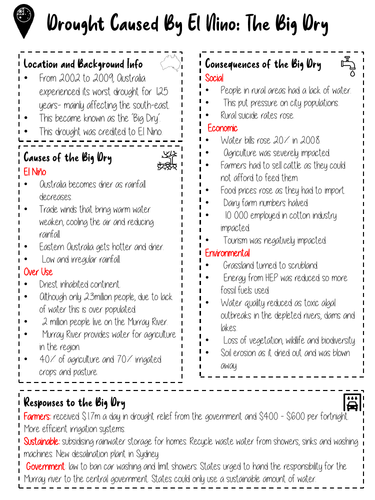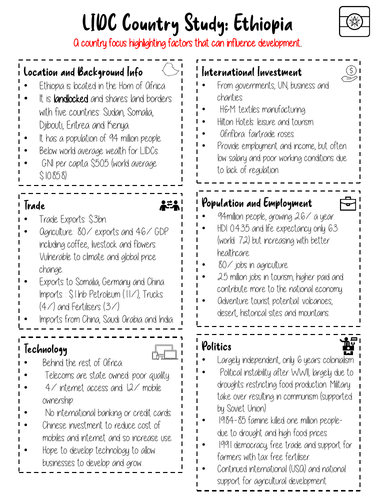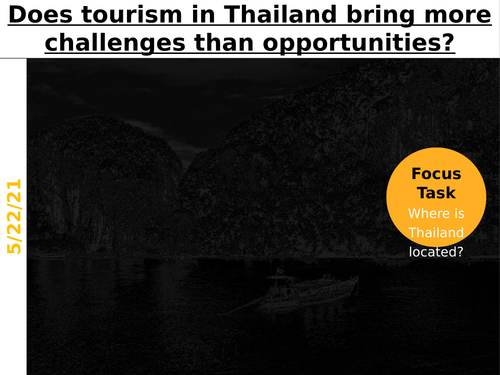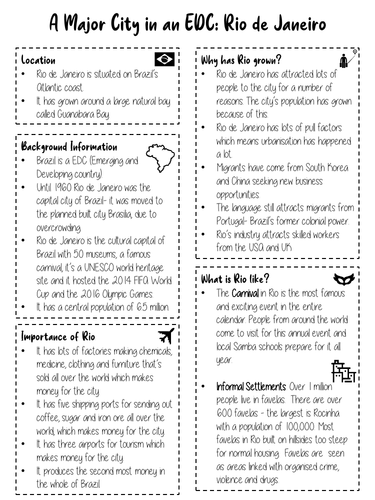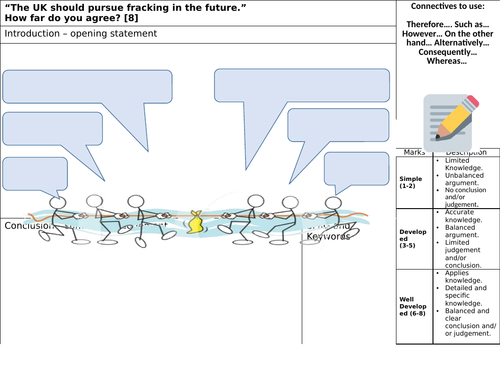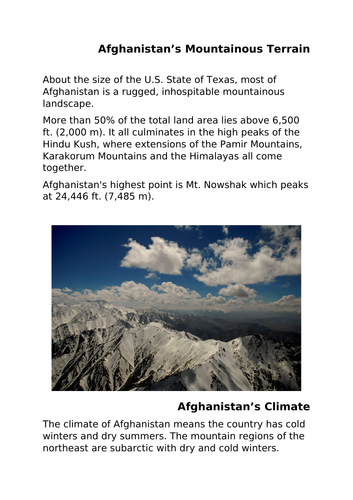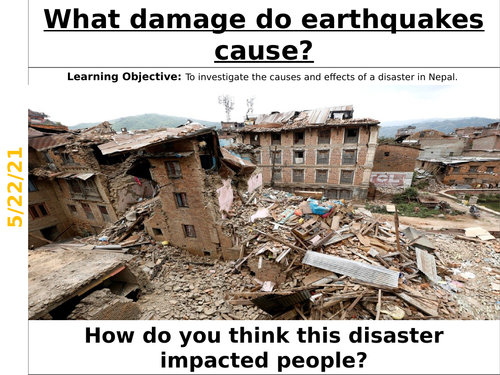38Uploads
14k+Views
30k+Downloads
Geography

Year 6 Transition Work 2023- Geography
I have created a Geography transition work book for Year 6 students to complete to aid the transition to secondary school. This will support students with the key skills needed to progress.

What is Geography?
A fully editable lesson introducing students into what is Geography?
The lesson includes:
Circle map task
Defintions
Categorising types of Geography
Plenary- categorising elements of Geography through images

Climate Graphs
Free and fully editable lesson based around skills required for climate graph interpretation.
The lesson includes:
How is a climate graph made and interpreted?
Guess Who! (climate graph edition…)
Constructing own climate graph using data
+/- of climate graphs

Field Sketches
Free and fully editable lesson showing students what field sketches are, the top tips for drawing field sketches, practice examples and +/- of field sketches.

National Windrush Day 2021
A fully editable lesson created for National Windrush Day 2021 (Tuesday 22nd June) to highlight the importance of migration patterns to the UK in the past and to inform students of the event.
The lesson includes:
Photo interpretation tasks
Key word match ups
Map work based upon the journey
Geographical skills questions
Development indicators based upon Jamaica
Push and pull factors
Disclaimer- Please don’t adapt and then re-share without my permission.

Student Friendly Command Words
Student friendly commands words for OCR A GCSE Geography.
I have this in my exercise books and as a display as a constant reminder.

Structure Sheets
A range of different structure sheets designed and made to support students in answering higher tariff exam questions at GCSE, and a challenge in KS3.
These sheets are fully editable. This download includes:
To what extent
Assess
Evaluate
How far do you agree?
The four mark explain
Describe
Discuss
Disclaimer note- ‘The Skinny’ and ‘Sweet Purple’ are the fonts used.

How do we revise for Geography?
A useful resource to support students in finding suitable ways for them to prepare and revise in Geography.

Starter Toolkit
This is a starter toolkit designed and made to engage students from the start of the lesson. This fully editable download includes:
Crack the code
Hangman
What if?
The 5 W’s
What can you sense?
Word scramble
Word association
Odd one out
Think, pair, share
Three golden rules
Brain fill
Spot the difference
Circle time
What’s the link?
Geog your memory
What do you know?
What’s your opinion?
Bingo
Which is the worst?
Disclaimer- ‘KG Second Chances Sketch’ is the font used.

Are the monsoon rains in India always a negative?
This is a fully resourced lesson based upon the monsoon rains in India. The lesson includes the following:
• What are monsoon rains?
• Classifying the effects of monsoon rains into positive and negative as well as social, economic and environmental.
• Pupils need to consider whether they only create challenges and answer the key question.

Where is Asia?
Where is Asia and what countries belong to Asia?
A fully resourced lesson based upon locating Asia and the countries which belong to it. The lesson also focuses upon human and physical geography with classifying activities included.

What are the different types of volcanoes?
This is a fully resourced lesson focusing upon the types of volcanoes around the world. The lesson includes:
• Describing the distribution of global volcanic activity (specifically make links to Pacific Ring of Fire)
• Showing pupils images of a shield and composite volcano and ask them whether all volcanoes are the same.
• Pupils need to be able to identify and explain similarities and differences between the volcanoes. Shape, type of eruption and consistency of lava are the main differences.

What causes tropical storms around the world?
This is a fully resourced lesson based upon tropical storms and their causes. The lesson includes:
• Pupils firstly need to know that tropical storms can also be known as hurricanes, cyclones and typhoons. The names change depending upon where in the world they occur.
• Pupils describe the distribution of tropical storms using a map.
• Pupils need to be aware of the conditions needed for tropical storms to occur (warm oceans over 27 degrees Celsius)
• Pupils then need to sequence the steps to explain the formation of a tropical storm.

The Big Dry Knowledge Organiser
A detailed but compact knowledge organiser based upon the case study of the Big Dry in Australia.
This organiser includes:
Location
Background Information
Causes
Effects/Consequences
Responses

Ethiopia Knowledge Organiser
A knowledge organiser for Ethiopia based upon the study of a LIDC. Perfectly suited to OCR A/AQA equivalent GCSE specifications and designed to be compact for student memory. The organiser includes:
Location
Background Info
Trade
Technology
International Investment
Population
Politics
Environment
Aid (Goat Aid)
Social factors

Does tourism in Thailand bring more challenges than opportunities?
This is a fully resourced lesson based upon the impacts of tourism in Thailand. The lesson includes the following:
• Graph interpretation – pupils need to be able to describe key trends/anomalies on a graph
• Pupils will use sources to classify benefits and challenges of tourism into social, economic and environmental effects.
• Pupils make a judgement about whether tourism creates more challenges or opportunities. The judgement needs to be supported with evidence.

Rio de Janeiro Knowledge Organiser
A knowledge organiser for Rio de Janeiro including:
Location
Background info
Importance
Why Rio has grown
What is Rio like?
How has migration changed Rio?
Challenges of housing, traffic and waste (including statistics and place specific info)
Favela Bairro Project
This would perfectly suit OCR A GCSE 9-1 or the AQA equivalent.

Should the UK pursue fracking in the future?
This is a fully resourced lesson focusing upon whether the UK should pursue the use of fracking in the future. The lesson includes describing how the process of fracking works, the impacts of fracking, a GCSE style question plan and thoughts on the fracking ban in the UK.

What factors affect the development of a country?
This fully resourced lesson focuses upon factors that affect the development of a country. The lesson includes:
Case Study of an LIDC: Afghanistan
Investigating a range of factors that have held back the development of Afghanistan and as a result caused it to be an LIDC.
Factors to consider:
Mountainous terrain
Climate
Landlocked
Status of women perceived by the Taliban
Civil War

What damage do earthquakes cause?
This is a fully resourced lesson focusing upon the cause and impacts of the Nepal earthquake in 2005.

